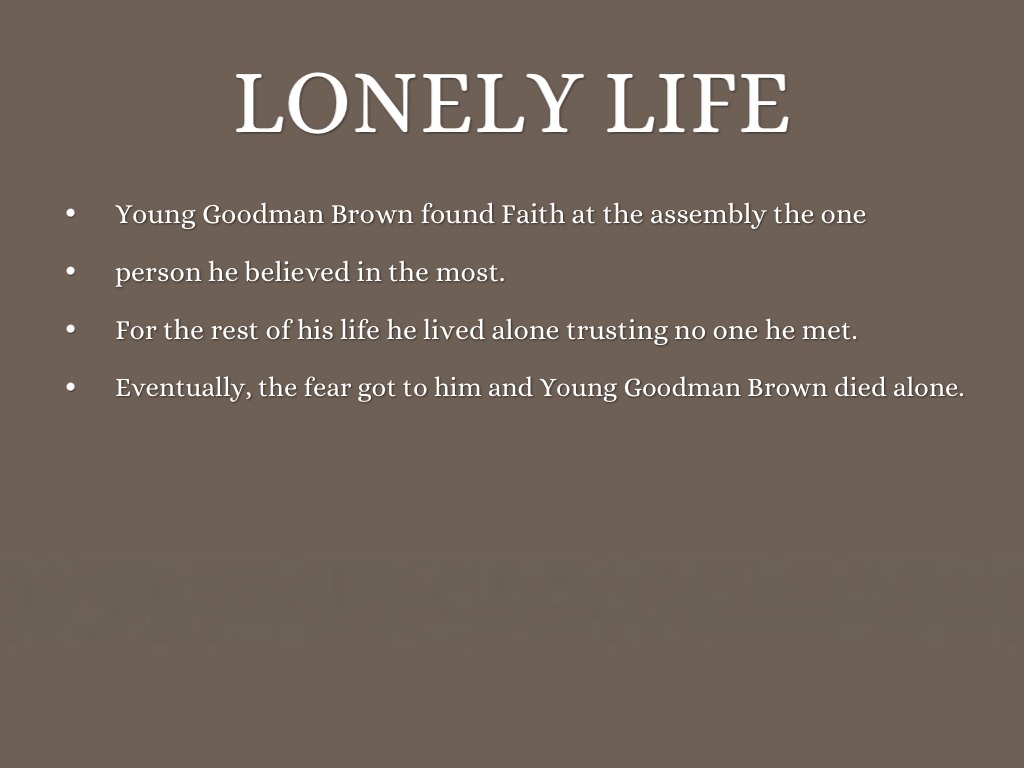Have you ever encountered a friend or acquaintance who seems to be hinting at their needs without directly asking for help? This behavior, often referred to as "dry begging," can be both perplexing and frustrating. Dry begging is a form of indirect solicitation where individuals imply their needs or desires without making a formal request. Whether it's a plea for emotional support, financial assistance, or simply a desire for attention, understanding this phenomenon is crucial in navigating social relationships.
In a world where clear communication is often valued, dry begging can create confusion and misunderstandings. People may resort to this behavior for various reasons, such as fear of rejection, a desire to maintain pride, or simply a belief that their hints will be enough to elicit a response. As a result, those on the receiving end may feel compelled to decipher these subtle messages, leading to an emotional rollercoaster for both parties involved.
As we delve deeper into this intriguing topic, we will explore the motivations behind dry begging, its effects on relationships, and how to address this behavior effectively. By gaining insight into the nuances of dry begging, we can foster healthier communication and understanding in our interactions with others.
What is Dry Begging?
At its core, dry begging is the act of suggesting a need without explicitly stating it. This can manifest in various ways, such as dropping hints about financial struggles or expressing feelings of loneliness without directly asking for assistance. Individuals who engage in dry begging often hope that their hints will be picked up by those around them, leading to an offer of help or support.
Why Do People Engage in Dry Begging?
There are several reasons why someone might choose to engage in dry begging instead of making a direct request:
- Fear of Rejection: Many individuals worry that asking for help outright may lead to disappointment or rejection.
- Preservation of Pride: Some people prefer to maintain their self-esteem by hinting rather than explicitly asking for assistance.
- Testing Relationships: Dry begging can be a way to gauge the willingness of others to provide support without putting themselves on the line.
- Social Norms: In certain cultures, asking for help directly may be frowned upon, leading individuals to resort to indirect methods.
How Does Dry Begging Affect Relationships?
Dry begging can create a sense of tension and misunderstanding in relationships. The person hinting at their needs may feel frustrated if their hints go unrecognized, while the other party may feel confused or overwhelmed by the implied request. This can lead to:
- Resentment: Both parties may harbor feelings of resentment if their needs are not met or understood.
- Communication Breakdown: Dry begging can hinder open and honest communication, leading to further misunderstandings.
- Emotional Exhaustion: The emotional toll of trying to decipher hints can be draining for both individuals involved.
Can Dry Begging Be Addressed? How?
Addressing dry begging requires a combination of awareness, communication, and empathy. Here are some strategies that can help:
- Open Communication: Encourage open dialogue where individuals feel safe to express their needs without fear of judgment.
- Practice Active Listening: Pay attention to the hints being dropped and validate the feelings behind them.
- Set Boundaries: If dry begging becomes overwhelming, it’s essential to establish boundaries to protect your emotional well-being.
- Encourage Direct Requests: Foster an environment where direct requests are welcomed and encouraged.
Is Dry Begging More Common in Certain Situations?
Yes, dry begging can often be observed in specific scenarios, such as:
- Friendships: Friends may hint at wanting more time together or emotional support without explicitly asking.
- Social Media: Online platforms often serve as breeding grounds for dry begging, where individuals might post vague statements seeking validation or support.
- Workplaces: Colleagues may imply they need help with tasks but avoid asking for assistance directly.
How Can We Encourage Healthy Communication?
To foster a culture of healthy communication, it’s essential to create environments where individuals feel comfortable expressing their needs directly. Strategies include:
- Modeling Direct Communication: Lead by example and make your requests clear.
- Providing Support: Offer assistance freely to create a safe space for others to do the same.
- Encouraging Vulnerability: Normalize the act of asking for help and sharing struggles openly.
Conclusion: Moving Beyond Dry Begging
In conclusion, dry begging is a complex behavior that can impact relationships in various ways. By understanding its motivations and effects, we can work towards fostering healthier communication patterns. Encouraging open dialogue and providing support can help individuals feel more comfortable expressing their needs directly, ultimately leading to stronger, more fulfilling relationships.
Sage Stallone: The Legacy Of A Talented Artist
Unveiling The Life Of Markle: A Journey Of Grace And Resilience
Exploring Kim Hye-yoon's Life: Who Is Her Husband?


